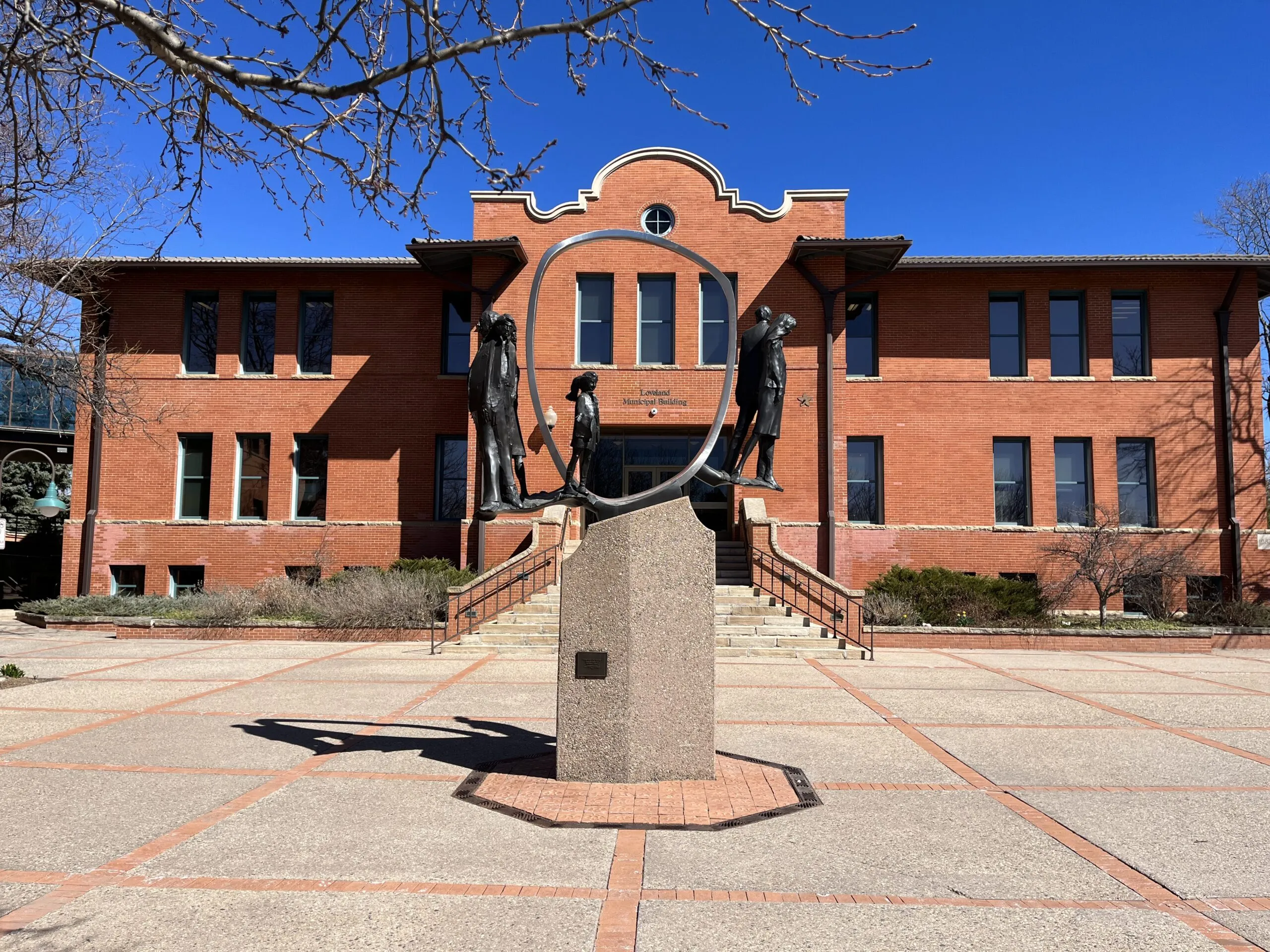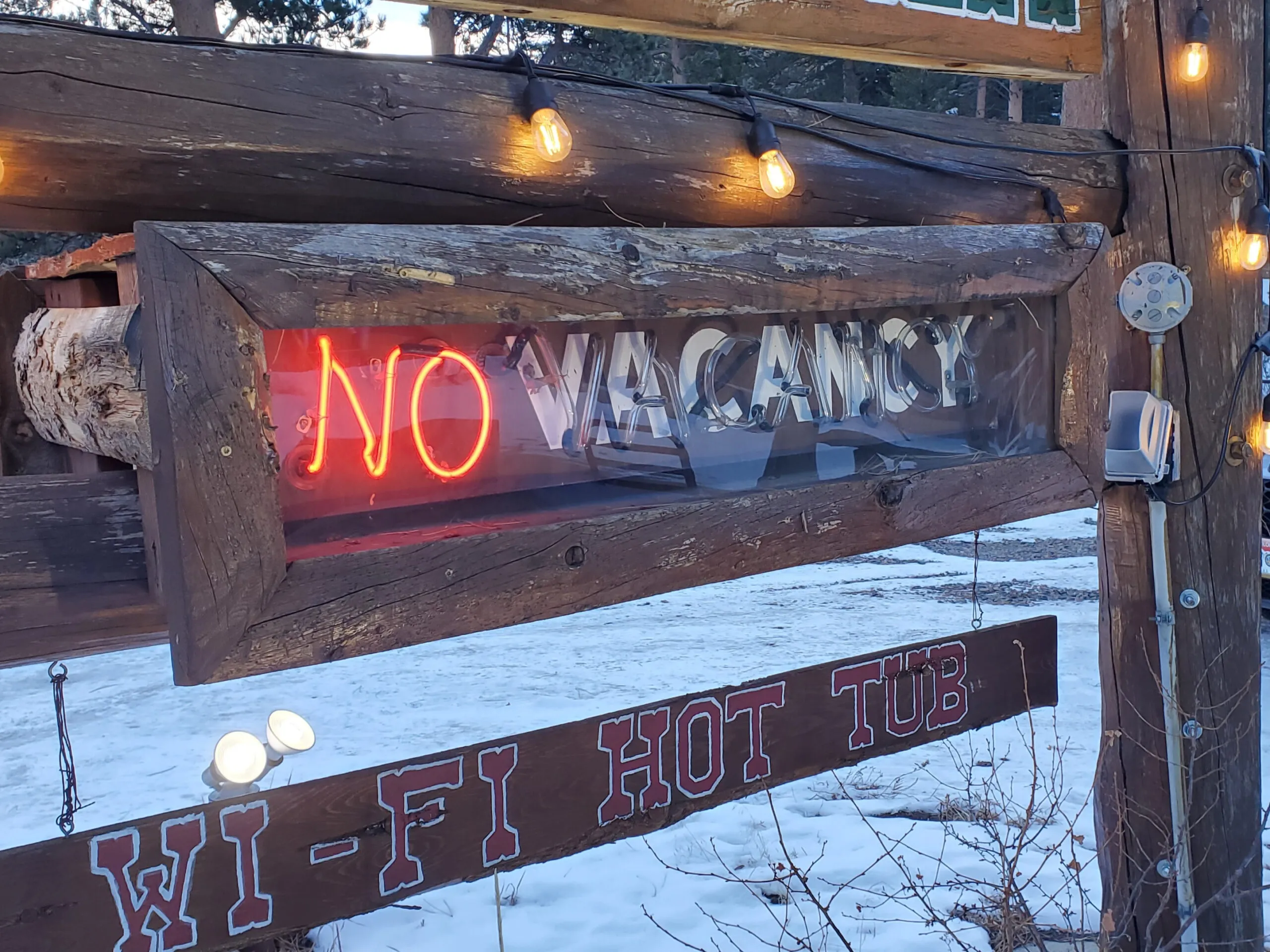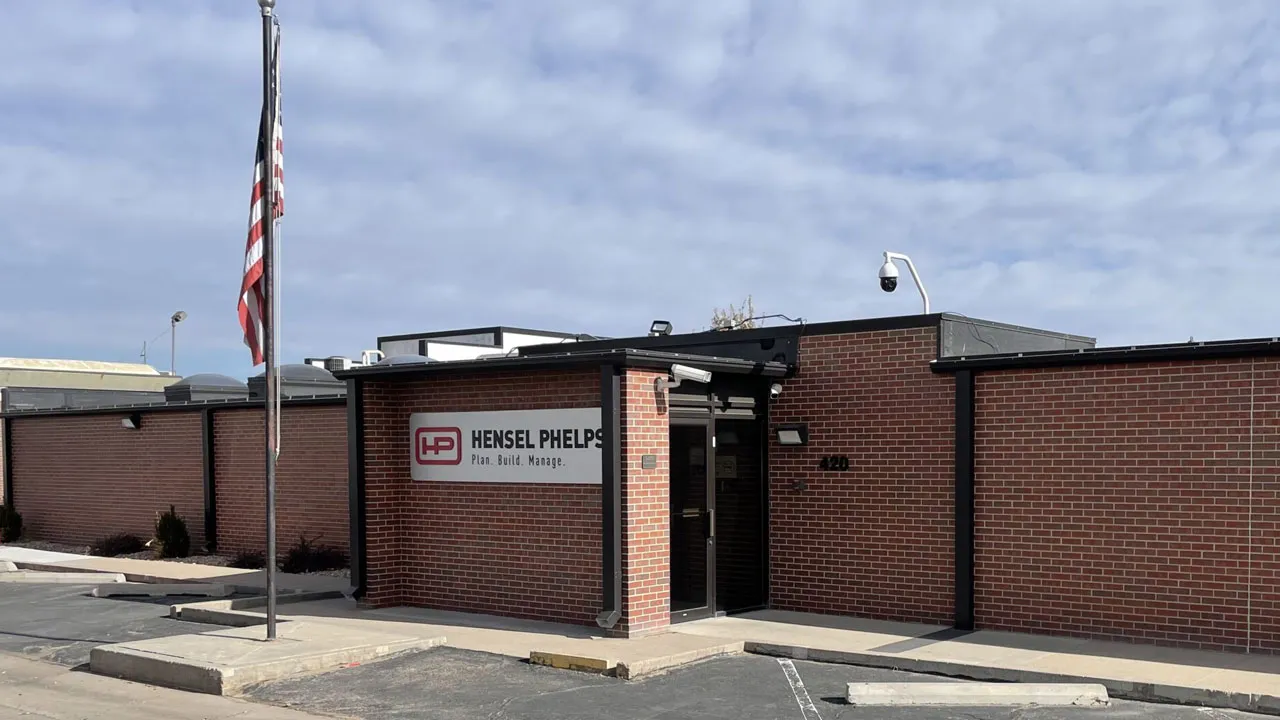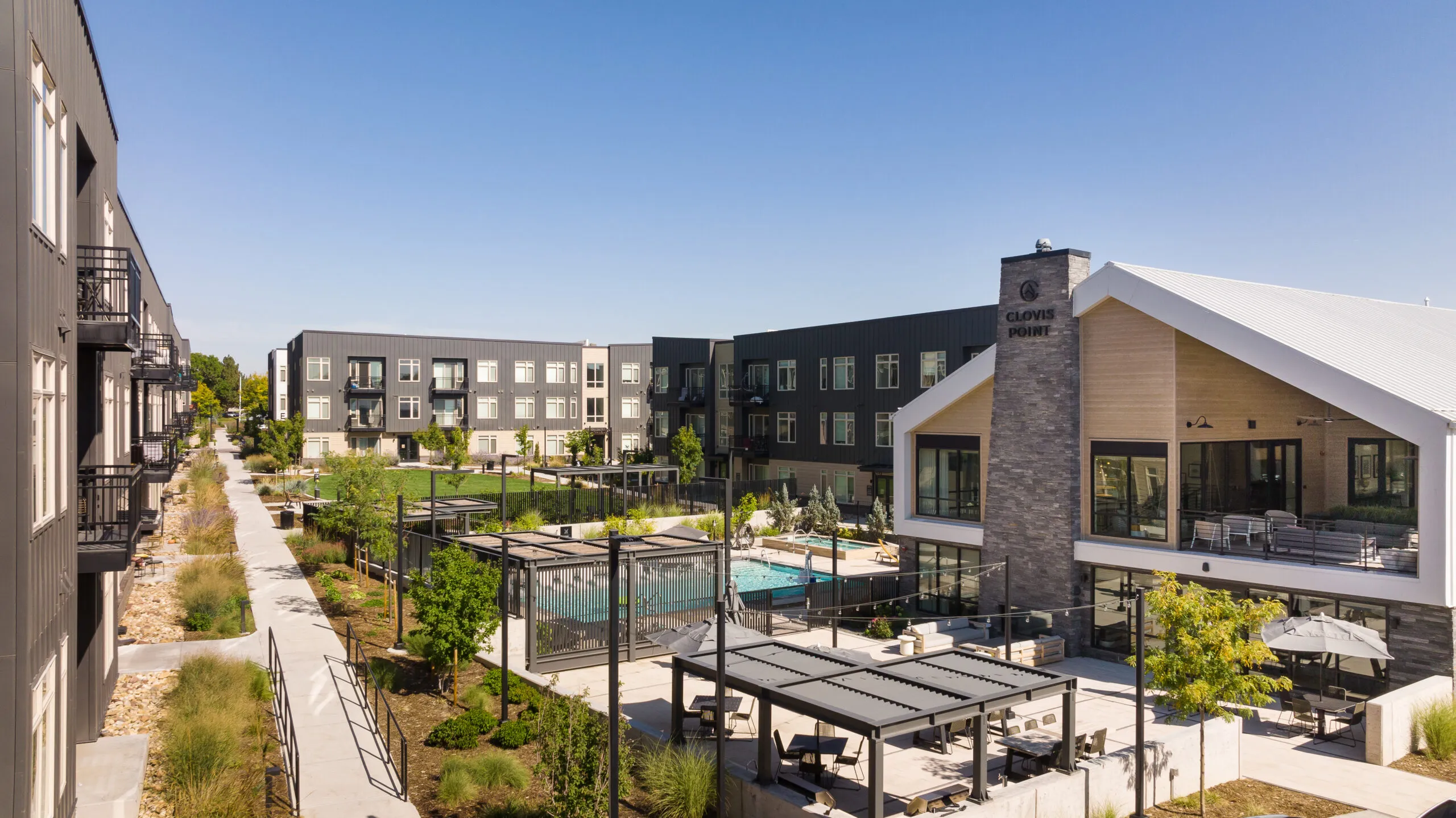Loveland rescinds Centerra South pacts; developer likely to sue

Editor’s note: This story has been updated.
LOVELAND — Faced with the threat of a breach-of-contract lawsuit but bolstered by Loveland voters’ resounding message in the Nov. 7 municipal election, the Loveland City Council on Tuesday rescinded its approval of plans designed to help finance a $1 billion mixed-use project on farmland on the city’s eastern edge.
The council voted 6-2 to reverse its May 2 resolution that approved the Centerra South Urban Renewal Plan and 5-3 to rescind its May 16 resolution that established a master finance plan and intergovernmental agreement with the developers, McWhinney Real Estate Services Inc.
The urban-renewal…
THIS ARTICLE IS FOR SUBSCRIBERS ONLY
Continue reading for less than $3 per week!
Get a month of award-winning local business news, trends and insights
Access award-winning content today!





